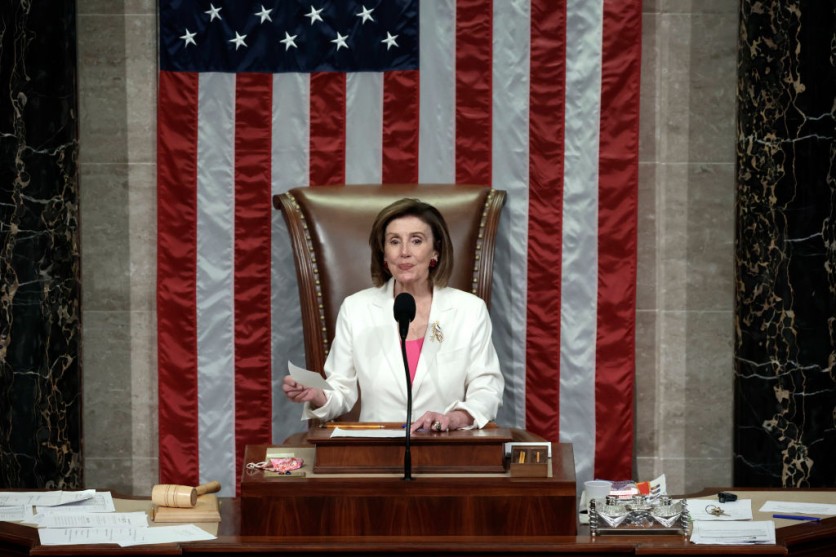
The Build Back Better Act, a $1.75 trillion social and climate spending bill, has passed the US House of Representatives.
President Joe Biden has called the bill a central part of his agenda and wants it to go before the Senate.
Build Back Better Act
The Democratic House majority approved the bill on Nov. 19 despite the fierce opposition from Republicans. According to President Biden, the bill represents a step forward--it puts everyone on the path to build the economy back better than before by rebuilding the backbone of America, which is the working people.
After months of delay, Democrats leveraged this House majority to pass the expansion of the social safety net. The vote went almost wholly along the two-party lines, 220 to 213, according to CNBC.
Kevin McCarthy, the Republican minority leader, had derailed the schedule to vote on Nov. 18 by delivering a marathon overnight speech of eight hours and 32 minutes. It was the longest speed made on the House floor but could only delay instead of denying the vote.
Nancy Pelosi, the House speaker, brought down her gavel to signal the bill's passage. It was met with enthusiastic applause from the Democratic members, CBS reported.
Pelosi stated that the bill is historic, monumental, and transformative. On the climate crisis action, Pelosi said that they care about the plant, so they wanted to pass it.
The People Behind the Bill
The Build Back Better Act can give hundreds of billions to new social programs and activities to mitigate the effects and worsening of the climate crisis, according to USA Today.
Outside the U.S. Capitol, progressive leader and Democratic congresswoman Pramila Jayapal said there was no agreement on every element of the bill, but she was happy with the overwhelming support. She also called the bill a strong vote to send to the Senate.
James Clyburn, a congressman from South Carolina, who was instrumental in shepherding Black voters to support President Joe Biden when he struggled in the primaries during the 2020 campaign, eventually seeing Biden win, said that the passing of the bill is "a good day."
The bill is now passed to the Senate, facing total opposition from Republicans and an uphill battle against centrist Democratic senators Joe Manchin of West Virginia and Krysten Sinema from Arizona.
Chuck Schumer, the Senate majority leader, has said that he wants the bill to pass the Senate, return to the House and be on President Joe Biden's desk by Dec. 25 for signing. He is expecting that a more fierce debate will happen in December.
The bill will use the reconciliation process for budgetary-related legislation, meaning it can be passed in the Senate with a simple majority instead of a 60-vote threshold so that Democrats alone can see it through the chamber if they continue to support it.
However, Bernie Sanders, an independent senator for Vermont, said that the Senate has an opportunity to make this a truly historic piece of legislation. Sanders promised that they will listen to the demands of the people and will strengthen the bill.
In 2015, a study revealed that there is a connection between the climate crisis and the economy.
In a previous report on Tech Times, AI showed just how massive the climate crisis is and how it can affect future generations.
This article is owned by Tech Times
Written by Sophie Webster
ⓒ 2025 TECHTIMES.com All rights reserved. Do not reproduce without permission.




